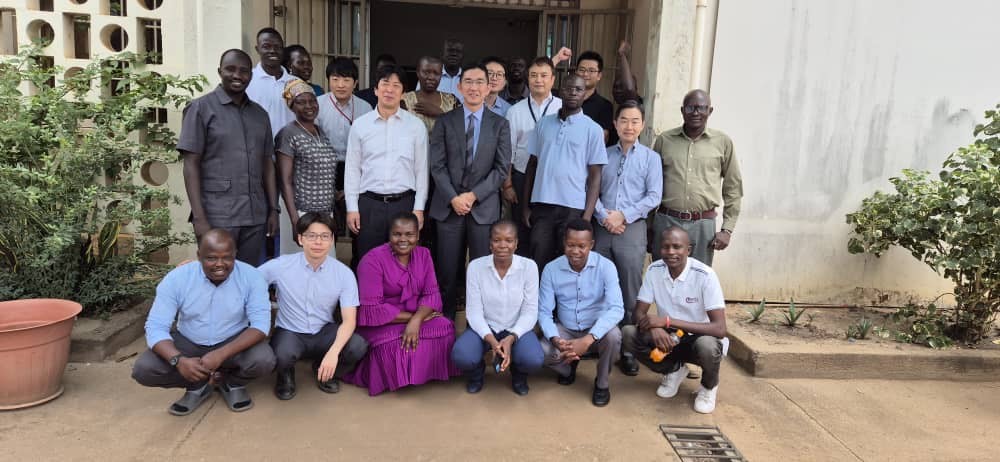Upon independence in July 2011, the Republic of South Sudan attracted attention as the world's youngest country. However, the process of nation-building since then has been challenging, and the country has yet to achieve great strides.
South Sudan is said to be composed of over 60 ethnic groups, and although English is its official language and Arabic is widely spoken, it does not have a local language that is spoken by a significant proportion of the population, as is the case in my previous posts in Tanzania (Swahili) and Rwanda (Kinyarwanda). This is one of difficult factors to build a unified nation.
After independence, the country experienced civil unrest in 2013 and 2016. And in 2018, the Revitalized Agreement on the Resolution of the Conflicts in the Republic of South Sudan (R-ARCSS, hereinafter referred to as the "Peace Agreement") was concluded. Since then, a transitional government has been operating under a power-sharing system based on the Peace Agreement. However, armed clashes have continued to occur frequently in various areas of the country.
Meanwhile, national elections, as stipulated in the Peace Agreement, have been postponed several times and are currently scheduled to take place in December 2026. Nevertheless, various preparations must be made in order for the election to take place as scheduled.
JICA has been implementing various technical and financial cooperations in Southern Sudan since even before her independence, as part of its support for the Republic of the Sudan. In this young country of less than 15 years old, JICA's cooperation is widely ranged.
Since national stability is the foundation of development, JICA is providing cooperation for peace and stability through mine action, support for the National Elections Commission to ensure the first elections since independence are conducted fairly, and support for the media to assure unbiased information is widely provided to the public.
JICA also works for social development through support for education, health, and women's empowerment. We also implement financial cooperation for the construction of clean water supply facilities and waste management equipment, as well as technical cooperation for their effective operation and maintenance.
Furthermore, we supported the construction of Freedom Bridge across the Nile River, which is a key transport infrastructure for the economic activity and regional trade. Apart from that, JICA’s cooperation for infrastructure development extends to the rehabilitation of bridges along major roads in Juba, and the construction of river port along Nile River, which plays a vital role in river transport. We are also providing cooperation for strengthening customs administration, which will also contribute to trade facilitation.
In agriculture sector, JICA supports strengthening of farming technologies and techniques to maximize the country’s production potential, so that farmers’ income will be increased, and local products can substitute imported items to contribute to improve trade balance.
Due to our security regulation, Japanese nationals are restricted travel to upcountry. However, we understand that there are huge development needs in rural areas as well. In partnership with South Sudanese people and UN agencies, JICA South Sudan Office wishes to contribute for peace and stability, as well as socio-economic development of every corner of the country, thereby realizing a better life for the people of South Sudan and strengthening friendship and trust between the people of Japan and South Sudan.
Thank you,
August 2025
Shin MARUO
Chief Representative,
JICA South Sudan Office






scroll